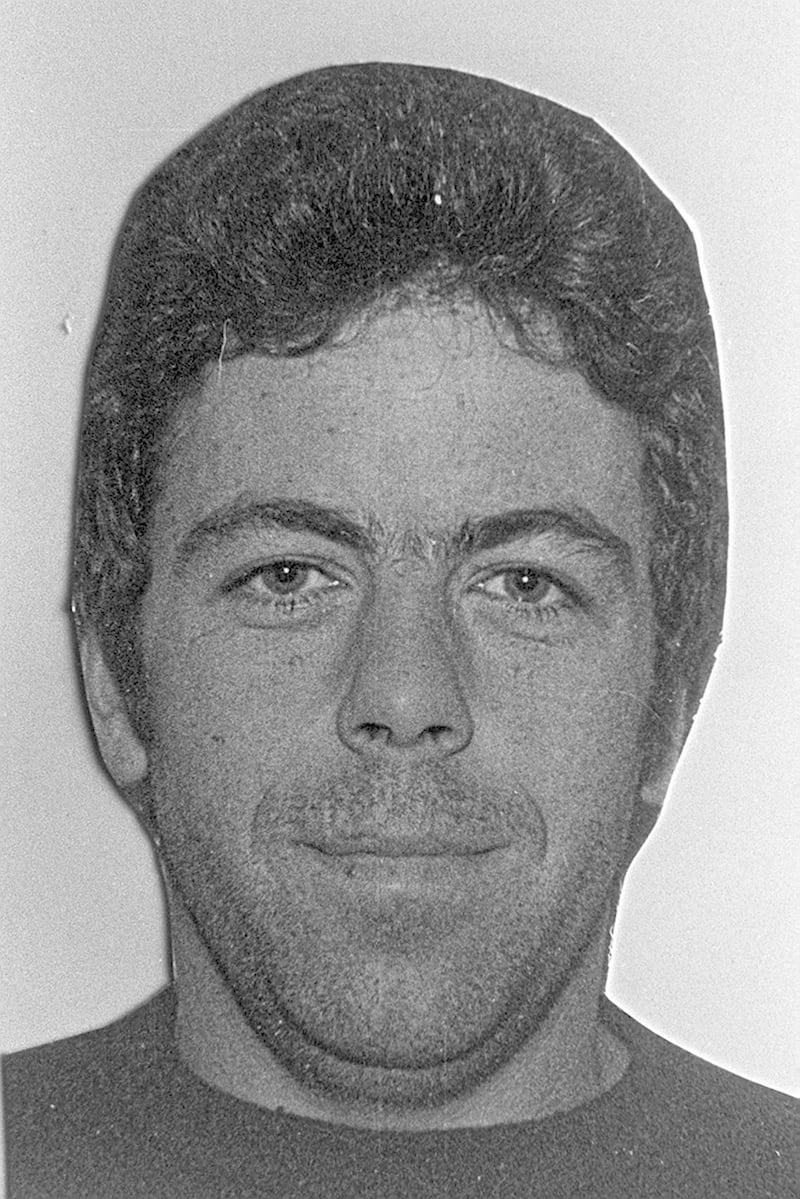Hundreds of millions spent establishing and running the body under the UK Government’s legacy act is better spent on the loved ones of the dead than lawyers, a leading international expert on reparations said.
It is estimated the Independent Commission for Reconciliation and Information Recovery (ICRIR) will ultimately cost in the region of £250 million.
For the same money, Professor Luke Moffett said, every person left bereaved during the conflict could receive a lump sum of £20,000, according to estimated costings published by the Victims and Survivors Commission.

“Under the legacy act, that £250m will be going to lawyers,” said Mr Moffett, a Queen’s University professor who published a definitive report on compensation in the early days of the Troubles in September last year.
Mr Moffett is, however, not hopeful such a scheme will be established, likely dragged down by a public wrangle over who, and who did not, deserve to die. He cited as examples if the families of Thomas Begley, the Shankhill bomber, and Lenny Murphy, the Shankhill Butcher, applied under the scheme.

But he is in favour of a scheme, with the intention to acknowledge all the bereaved. Other countries have gone forward with such schemes, including Colombia, where payments are accompanied by an acknowledgement letter from the government empathising with the loss, said Mr Moffett.
Sandra Peake, the chief executive of of Wave, the victims and survivors voluntary group, said the organisation has been pushing the case for some acknowledgement of the bereaved.
But she is not convinced about the Colombian model, where victims receive a letter from the government along with a payment, would work in the north.
“I suppose the central difficulty is where would that come from. There was an intimacy to the violence that we have really not given due cognisance,” Ms Peake explained.
In many cases, the perpetrators lived within the same community, sometimes on the same street, as the victim.

More broadly, Ms Peake said: “I have been pushing the case of, and feel very strongly, the bereaved need to be recognised. This would not be compensation but a recognition, acknowledgement, payment.
Wave prepared a report comparing this north with others globally and made the case the bereaved in conflict zones elsewhere are better recognised.
Under the injured and disabled pension scheme, some relatives of those killed can apply if they can prove they were close proximity when it happened. This brings the disparity within the system into focus, said Ms Peake.
The campaign for the injured pension took 13 years and much heartache, said Ms Peake, but those bereaved, many now in the older age, do not have that time.
“Based on our experience, dealing with a lot of bereaved families, and having buried a lot of individuals, we are not getting any younger,” said Ms Peake.
Wave proposes to channel bereavement payments through the existing ones available via the Victims and Support Service. Currently, some of those bereaved can receive small yearly payments. These should be increased substantially, said Ms Peake.



